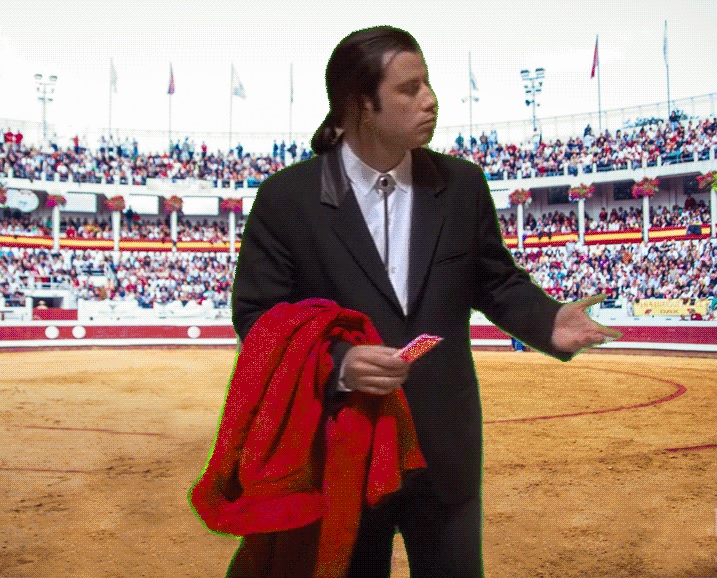Issue: Popular, often abridged quotes by famous karate persons are found on the internet in English translation. Often neither the translator nor the source is named –> it is impossible to verify or to deny the authenticity. Due to its easy availability, such quotes exponentially snowball on the web (social media) by copy&paste reference. Moreover, there is a trend to combine individual quotes in chains of reasonings.
Observation: Often such quotes are used to proof a specific reasoning, for instance historial, technical, or otherwise. To test such reasonings, samples of quotes used thereto have been compared with the original Japanese-language texts. It turned out that most quotes are defective both in wording, content, and/or context. Consequently, when used as either a standalone argument or as serial argument, the conclusion constitutes one or more classical fallacies.
Restriction: Quotes might be translated wrong, abridged, or out-of-context. Notwithstanding even wrong arguments can arrive at true conclusions. People are also entitled to showcase their own opinions.
Counter: The conclusion might accidentally be correct, but is based on a defective derivation. In the end, in the case of such quotes the derivations are constructed to proof an already established conclusion: basically, that a punch in the face is a punch in the face, which can hardly be denied. One should be allowed to ask, however, why then the need for karate, for black belts, and for history quotes?
Solution: Raise awareness. Critical reevaluation of translations. Generally promote an open attitude to discard established theories when proven wrong.

© 2016 – 2020, Andreas Quast. All rights reserved.
